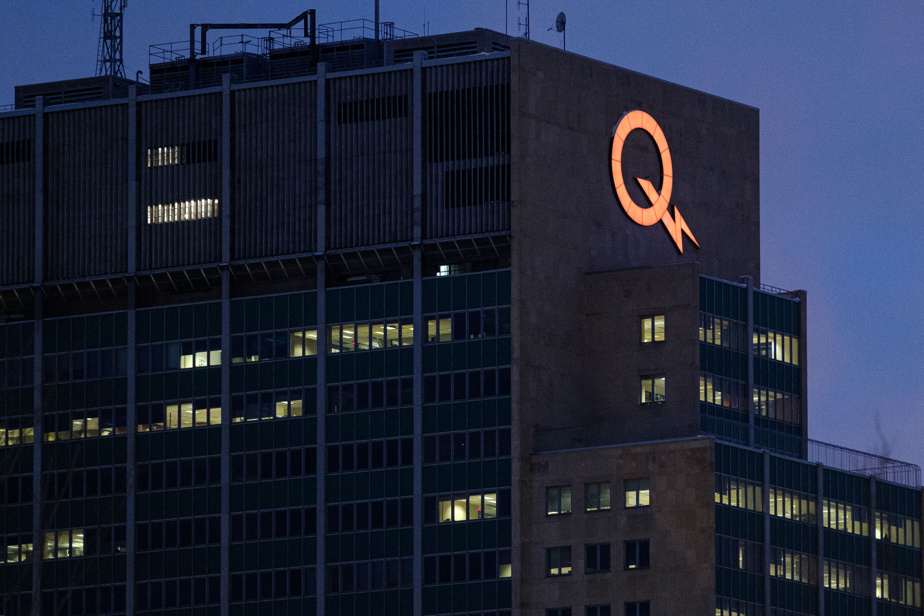
(QUEBEC) A controversial deal between Hydro-Québec and Energir to install dual-energy heating systems over the next decade will result in much smaller reductions in GHG emissions than expected, making Quebec’s climate more difficult to achieve, environmental groups believe. Objectives.
According to Greenpeace and the Association of Environmental Energy Organizations (ROEE), the agreement will reduce GHG emissions from the building heating sector by 350,000 to 375,000 tonnes, rather than the 540,000 tonnes promised by Hydro-Québec. .
They believe that the Crown Corporation overestimates the amount of heating system replacement that can be done by underestimating the useful life of heating systems.
The marketing strategy is to wait until the systems are replaced, but the lifespan of a furnace is 21.5 years for residential systems and 23 years for commercial.
Jean-Pierre Finet, ROEE analyst
In a brief submitted to the Régie de l’énergie, the Association de l’hôtellerie du Québec and the Association Restauration Québec reached the same conclusion. “Distributor estimates underestimate the life of natural gas space heating equipment and overestimate the life of water heating equipment for all three sectors,” they believe.
Heat pumps, fast
Greenpeace and ROEE have also criticized the government’s strategy, which they associate with “wait-and-see”, replacing only end-of-life equipment. “There is no reason why we should not immediately install as many heat pumps and electric boilers as possible so that we can benefit from GHG emissions. There is no need to delay this transition to a dual force unnecessarily,” Mr Finet said.
If by 2030 all facilities, all buildings heated with gas have heat pumps, we will have more than 540,000. They can reach 900,000 tons.
Patrick Bonin, climate-energy campaigner at Greenpeace Canada
Hydro-Québec replied that it did not question its target and that the 15-year lifespan was the average between the lifespan of a water heater and a hot air generator.
2.4 billion by 2050
Greenpeace and ROEE are against the basis of the deal: Hydro-Québec will compensate natural gas distributor Energir to reduce the consumption of building owners who resort to a dual-energy system. In return, Hydro-Québec ensures that these customers resort to gas heating during winter peaks, to prevent consumption from exceeding its generation capacity.
They estimate that Hydro-Québec will pay 2.4 billion to Energir by 2050. However, the Régie de l’énergie did not authorize the state-owned company to pass this bill to electricity consumers, so it had to subtract from it. Profits.
Patrick Bonin believes that we will apply the “polluter pays” principle and fears that this “bad” deal does not even include “deemed reductions”.
For its part, Hydro-Québec says the agreement is necessary in the context of Quebec’s energy transition. Spokesman Maxence Huard-Lefebvre points out that investing in electricity supply purchases to meet electricity demand during peak periods is “very expensive”.





